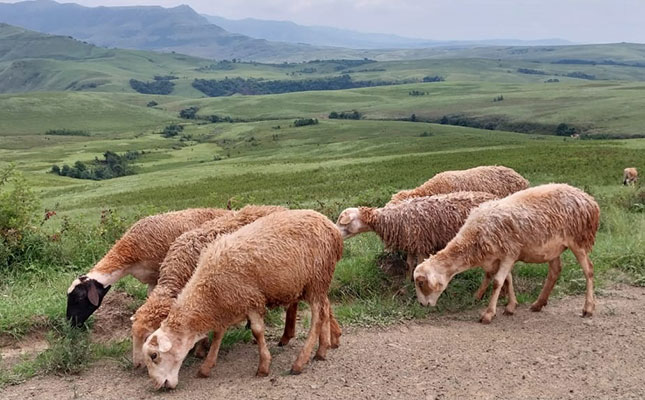
Photo: Annelie Coleman
This was according to Dr Danie Odendaal, director of the South African Veterinarian Network, who said the expected spike in bluetongue outbreaks could be ascribed to good summer rain, increased temperatures and an acute lack of vaccinations provided by Onderstepoort Biological Products (OBP).
According to Odendaal, the manufacturing of vaccines by the private sector was therefore the only way to mitigate the long-term implications of the lack of inoculations.
“Without sufficient vaccines to prevent livestock from being infected with the bluetongue virus, we are facing a bluetongue time bomb. Because of the problems with the availability of vaccines, a process to develop vaccines was started by the private sector about five years ago. During this period, blood samples were collected all over South Africa and a vaccine was consequently developed. Application has since been made for the official registration of the product, but this has developed into a long, drawn-out affair without any results so far.
“I therefore call on organised agriculture structures to engage with the relevant authorities on the matter. We need the vaccines as a matter of urgency to protect our national sheep herd,” Odendaal told Farmer’s Weekly.
He said bluetongue was an infectious vector-borne and potentially fatal viral disease, which was transmitted by midges. The disease was characterised by fever, excessive salivation and swelling of the face and tongue. Some animals also developed foot lesions, resulting in lameness.
“There is no treatment against the disease. The aim of treating infected animals is to make them feel better until they have developed immunity against the virus. Vaccination is the most effective way to minimise losses and interrupt the cycle from an infected animal to vector,” Odendaal added.
OBP did not respond to comment by the time of publication.











